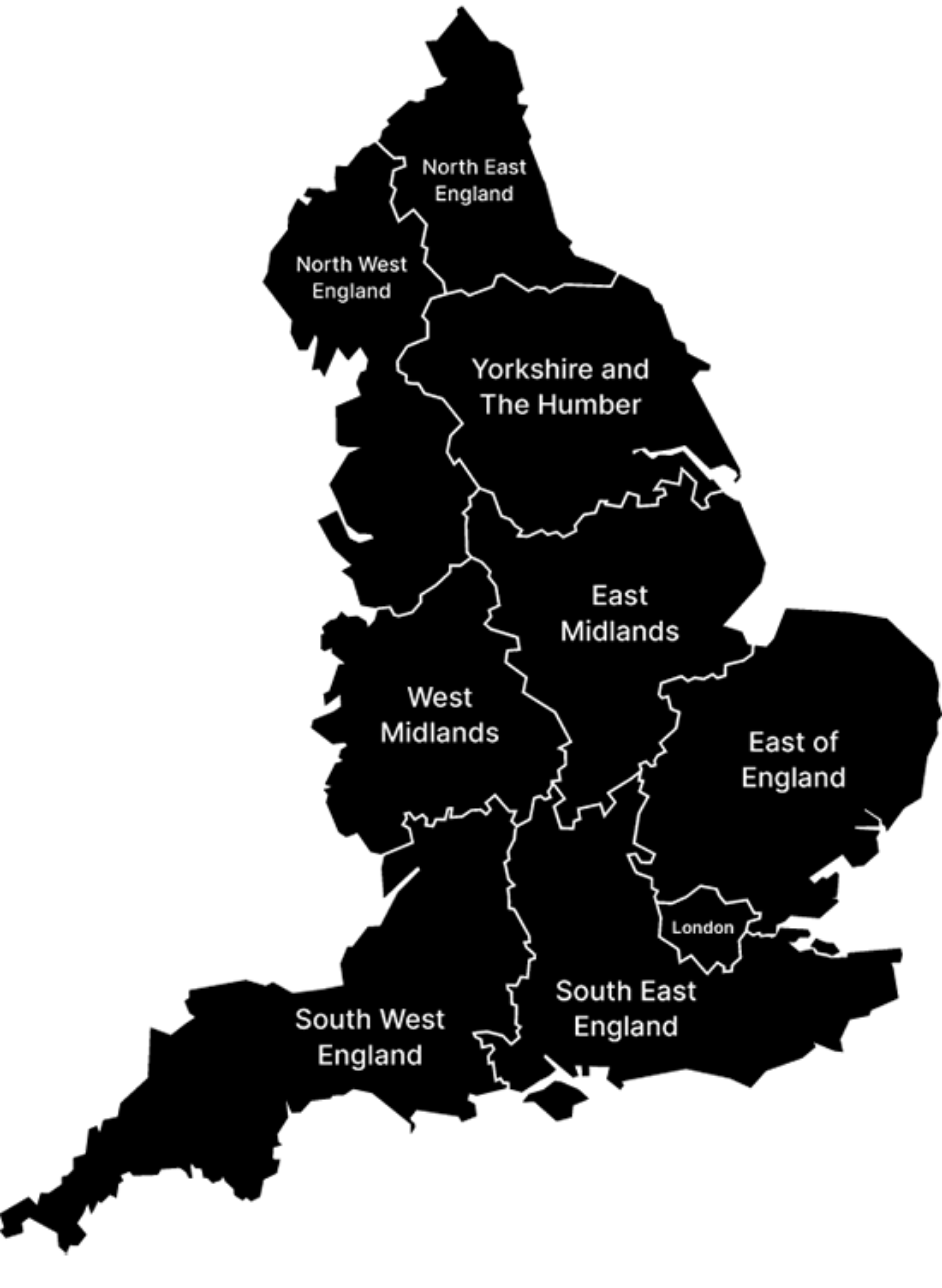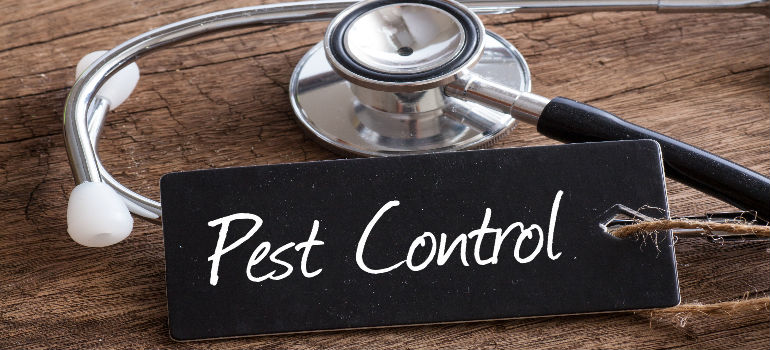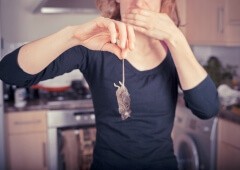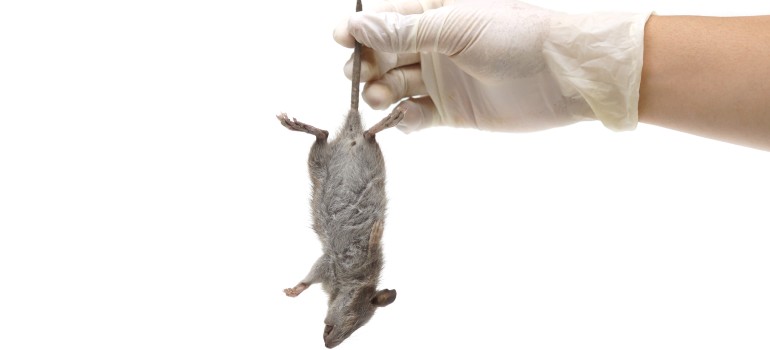Dead animal carcass removal & disposal London
Affordable animal corpse disposal for homes and businesses
- Dead animal cleanup and sanitisation

Pest control for dead animals
Same-day dead animal removal service
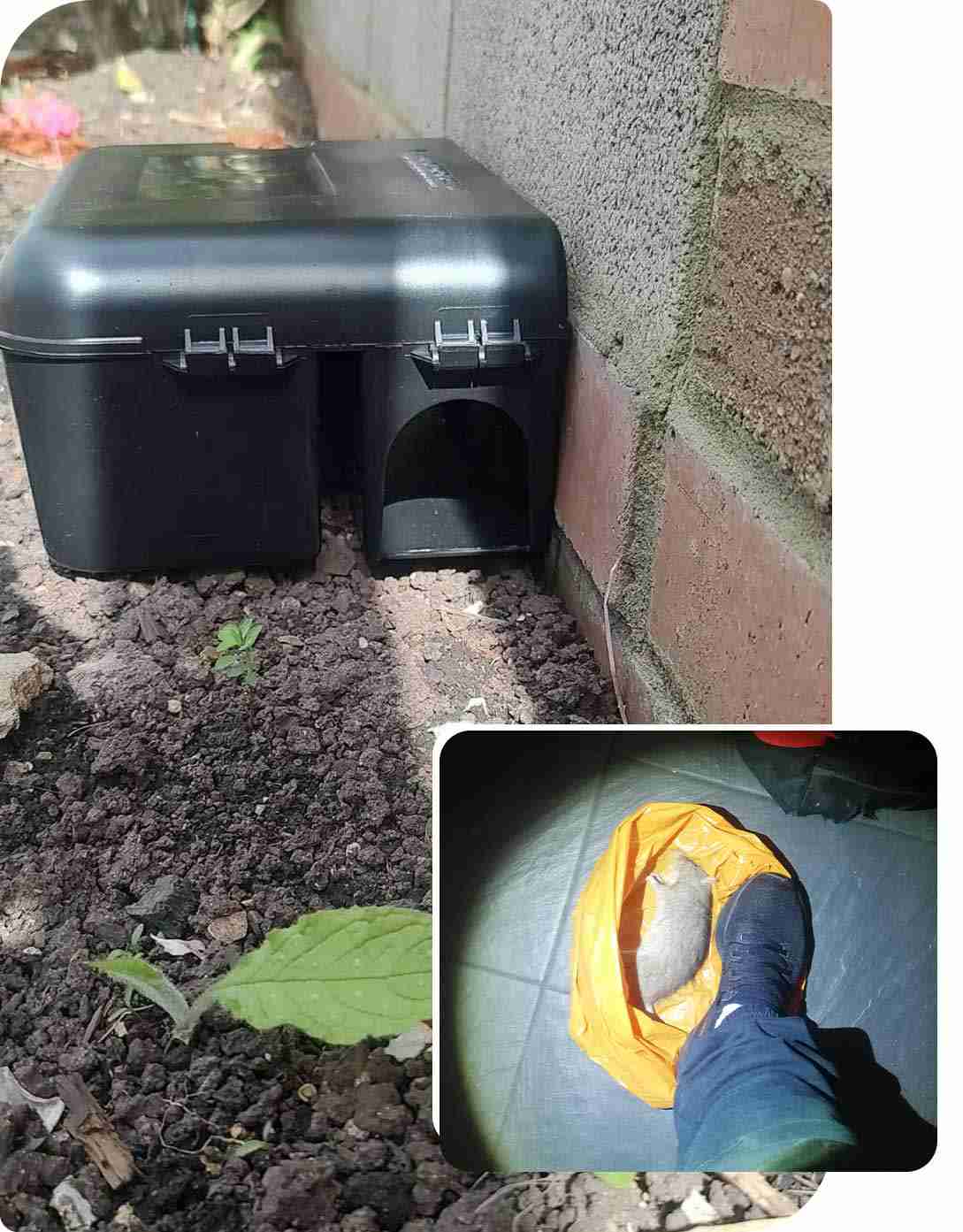
Removing dead animals in London in a safe and hygienic manner
The discovery of a dead animal on your property is never pleasant, especially if it has been there for a long time.
When you find a carcass, it should be removed immediately. The decomposing body of an animal, if not found soon enough, becomes a health hazard.
You will notice foul odors filling your property, and you may also notice an unexpected flea infestation. Do not waste time if you find a dead animal near or inside your house. Contact a pest professional immediately.
Our same day dead animal removal service effectively removes deceased animals from properties which is essential for health, safety, and sanitation.
Professionals conduct a thorough inspection to locate the dead animal. This might involve searching in attics, walls, basements, crawl spaces, and other hidden areas.
Dead animals can harbor diseases, bacteria, and parasites. Proper removal reduces the risk of exposure to harmful pathogens.





Pest control for dead animals
Professional dead animal removal in London
Proper disposal of dead animal carcasses
Prior to your dead animal removal service:
After the removal of the dead animal:
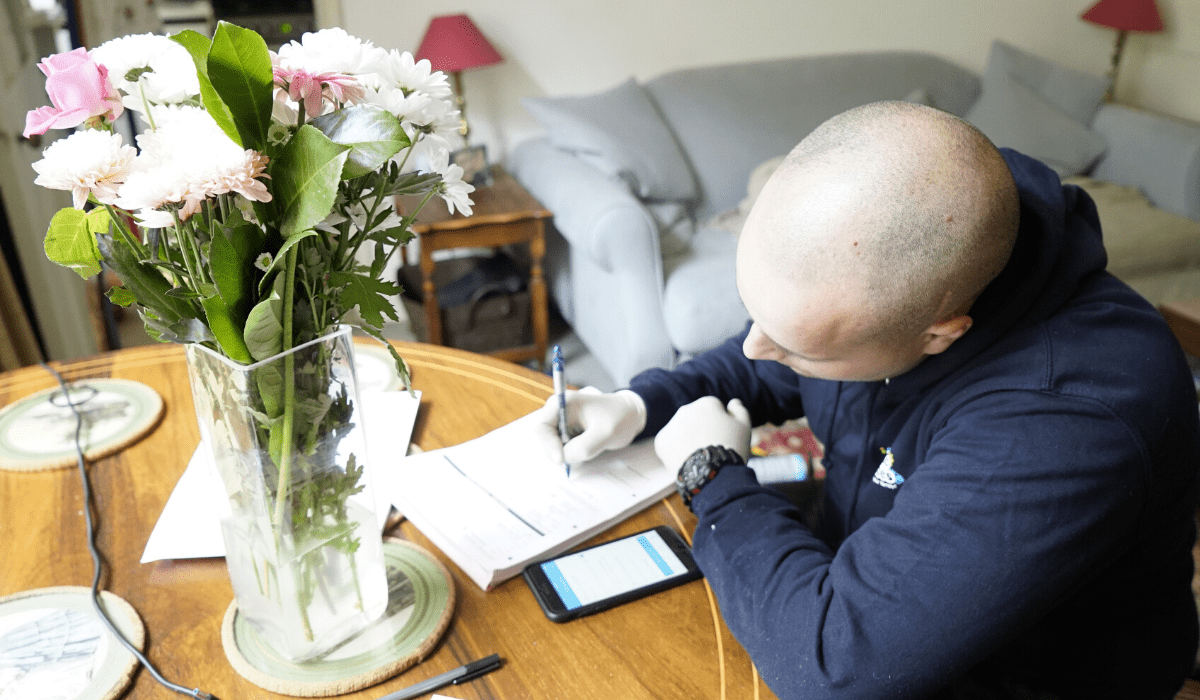
Dead animal control and removal FAQ's
Q: How do you dispose of a deceased pet?
Q: How long does it take for a dead animal to stop smelling?
Q: How much does dead animal removal cost?
Q: How do I dispose of a dead wild animal?
Q: How do you neutralise the smell of a dead animal?
How to remove dead animals from walls, ceilings, and roofs
Safe disposal and cleaning after deceased animals
24/7 pest control services
Meet our Fantastic Family
Same-day dead animal removal service near me
Dead animal removal service in London
